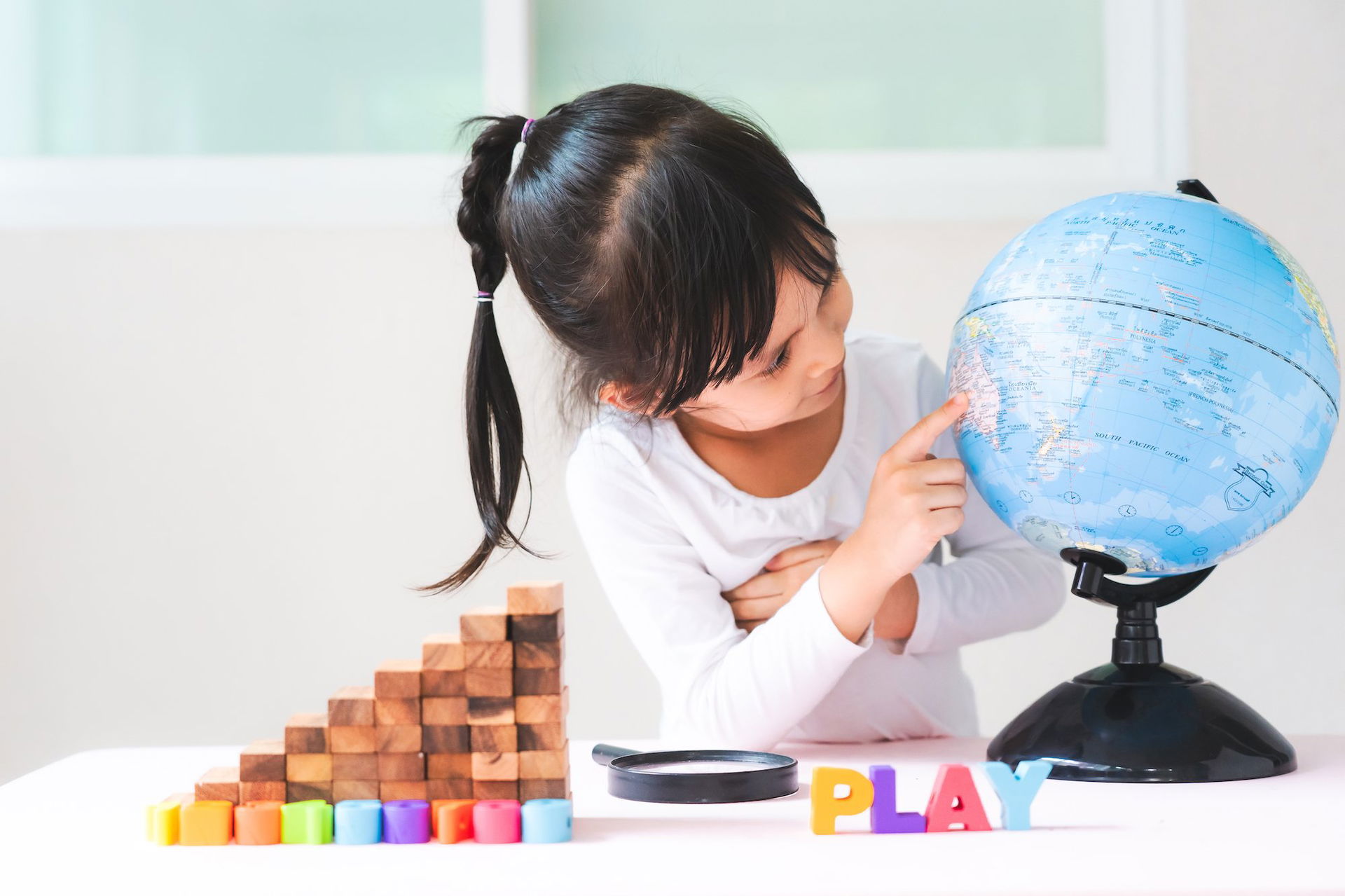5 Tips for Raising a Bilingual Child in Germany

When we first moved to Germany in 2016, no one in my small family of three spoke German. My son, then about to turn seven years old, had only been in Canadian French immersion school. We knew we would be in Germany for many years, and like most parents that are learning a language, wanted our son to learn German too. After much searching, we decided on a bilingual school offering the International Baccalaureate program and it has been a great success. Now, our son is nearly fluent and thriving – but it was sometimes a rocky journey to get here. Here are five things that have been really helpful on our journey raising a bilingual child.
Some English at school meant a bit more confidence
Studying in a second language is exhausting and extra challenging, so having a few classes in your child’s home language gives them a break. Not only that, they can show off a bit, help their classmates, and do well academically right away. My son loved being able to help in English class, and still helps his friends with the finer points of vocabulary and grammar. In a bilingual school, often the administrative staff will speak English as well, so your child can get help easily and the staff can also answer your questions about school activities if you don’t speak the community language.
A diverse student community
Speaking to other parents at my son’s bilingual school, several of them mentioned appreciating how diverse the school community is compared to the state school options, particularly in smaller towns. My son’s friends come from India, Turkey, Russia, Poland, Tajikistan, Taiwan, South Africa and Germany, and the school regularly celebrates different holidays from around the world. We have found that families looking for bilingual options tend to stay longer in this school, compared to the other international families we have met, as their parents are on longer contracts or have permanently immigrated.
Lots of German learning
While my son has German class, of course, he also has science, math and history in German. On top of that, many of the after-school clubs are in German as well. The language on the playground is also German, as at least a third of his classmates are local German kids. All this language exposure meant he quickly picked up how to play tag in German, as well as basic vocabulary in class time. Outside of school, other parents took the time to include us in local festivals and holiday traditions, which was an incredible introduction to the culture of our new home.
Friends in German
More than anything, making friends in German has increased my son’s confidence with speaking. His best friends are native German speakers, and the language they use between them is German. I hear them chatting away online as they play Minecraft, and switching back and forth when English-speaking friends join them. It’s pushed me to improve my own language skills as I try and keep up!
Support for German language help
In a bilingual school, there are a lot of children coming from all sorts of backgrounds: from native German speakers to international kids with no German language experience at all. This means the school will have a robust language tutoring program to help your child get up to speed. My son’s school has small group DAF (Deutsch als Fremdsprache, German as a second language) classes available at all levels. After a certain point, my son’s German was good enough that the DAF group classes weren’t helping as much, so we shifted to a private German tutor to help with his German homework and work with him on the parts of the language he was struggling with. His school also arranged this for us, even coordinating between my son’s German class teacher and his tutor so they were in sync. We do have to stay on top of his German learning, however, and make sure he’s watching German-language TV and finding German books and comics as well.
Bilingual school has been a great resource for us as language-learning parents in a new country, and we’re thrilled at how far our son has come in the German language. His language skills are so much broader than what he would have learned in just a language class – he knows German fairy tales, slang and idioms as well as regular everyday vocabulary. We have definitely felt more included in the culture of our new home by connecting with local parents and local customs and events. It is a lot of work, for all of us, to support the language learning, but I am sure it will pay dividends when our son reaches adulthood.
Author Bio
Erin McGann is a Canadian freelance writer focusing on travel, living abroad, parenting, history, and culture. After nearly a decade living in the UK, Erin settled in Heidelberg, Germany with her husband and son. Dragging her family to every castle and open-air museum is a favourite activity, along with sewing, archery, and historical reenactment. You can check out her travel blog, and follow her obsession with half-timbered houses on her Instagram account.
